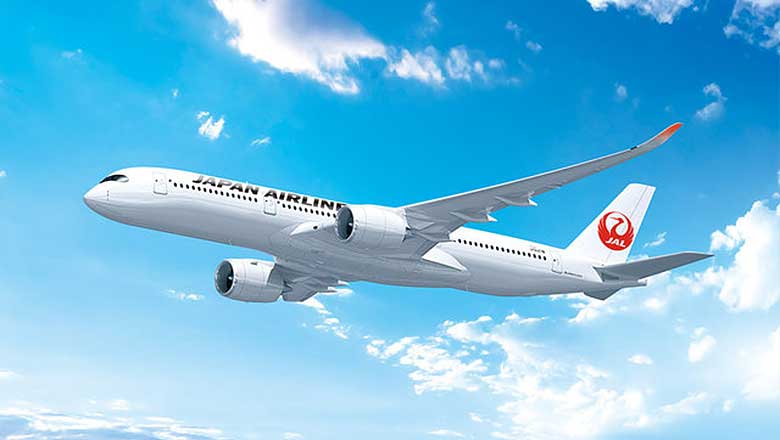Intelsat has launched high-speed inflight connectivity service on the first of more than 40 new Condor Airlines’ Airbus narrowbody aircraft following an agreement that includes factory installation by Airbus.
“Intelsat’s 2Ku service will deliver streaming-quality connectivity for passengers even in busy European airspace,” said Dave Bijur, Senior Vice President of Commercial Aviation. “The factory installation means that Condor will be able to get the new Airbus planes in service faster and passengers will enjoy the reliable and proven Intelsat inflight connectivity.”
German-based Condor will have 2Ku connectivity on 43 Airbus A320neo and A321neo aircraft immediately upon delivery from the manufacturer. The installations will be completed under Airbus’ High-Bandwidth Connectivity Service programme. Condor earlier this May started revenue service with the first A320neo with the remaining 42 aircraft planned for delivery through the end of 2028. 2Ku is designed to operate not just on today’s high-throughput Geostationary (GEO) satellites but on Intelsat’s fleet of new software-defined satellites that will enter service in 2026.
“Condor is pleased to offer connectivity in cooperation with Intelsat onboard our brand-new A32xneo aircraft,” said Stanislaw Conradi, Product Manager IFEC & Aircraft Cabin Systems. “We are looking forward to extending our WiFi product “FlyConnect” to our short- and medium-haul routes, thus making sure our passengers can also stay connected above the clouds.”
Additionally Intelsat has been selected by Japan Airlines to provide multi-orbit inflight connectivity service on more than 20 Boeing 737 MAX aircraft to be delivered in the coming years. The airline will become one of the first in the Asia-Pacific region to offer multi-orbit service using Intelsat’s new electronically steered array (ESA) antenna.
“Japan Airlines’ passengers will soon benefit from multi-orbit connectivity that will provide the same fast and dependable internet access they enjoy at home, thanks to wide coverage and low latency,” said Dave Bijur, Senior Vice President for Commercial Aviation. “JAL was Intelsat’s first non-US commercial aviation customer, and we look forward to continuing to support JAL’s market-leading inflight connectivity service in Japan where their guests enjoy free service.”
The new service will be installed by Boeing in the factory, making JAL one of the first airlines to take delivery of a Boeing aircraft with ESA inflight service ready for immediate passenger use. The first linefit aircraft is expected to be delivered in 2026.
“Intelsat has been a trusted partner of JAL since 2013,” said Junko Sakihara, Deputy SVP, Customer Experience Division at Japan Airlines. “We are proud to have been among the first airlines in the world to offer free service for all passengers flying on our domestic routes starting in 2017 and look forward to the greater speed and reliability benefits the new multi-orbit service will bring to our customers.”
In addition to JAL’s Boeing 737s and 767s flying with 2Ku service, JAL’s subsidiary airline, J-AIR is currently installing Intelsat’s 2Ku system on the carrier’s fleet of Embraer E190 aircraft. As recently announced, J-AIR will complete installation of the 2Ku system on 14 E190s in the coming months. When completed, J-AIR will be the first regional airline in Japan to offer inflight entertainment and connectivity services.

